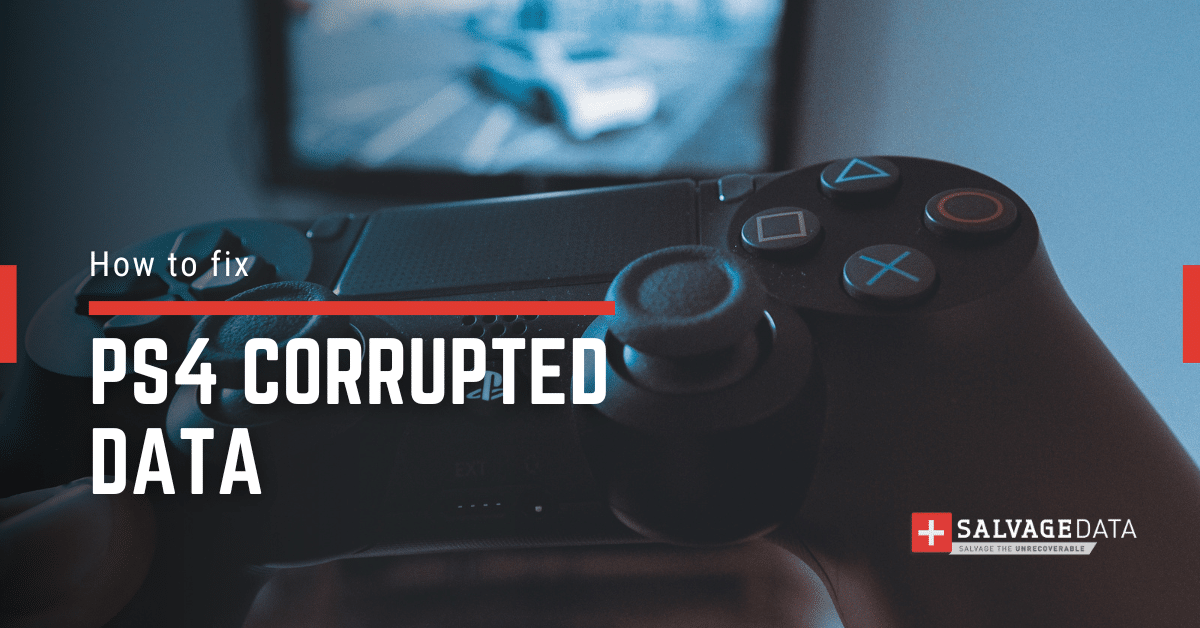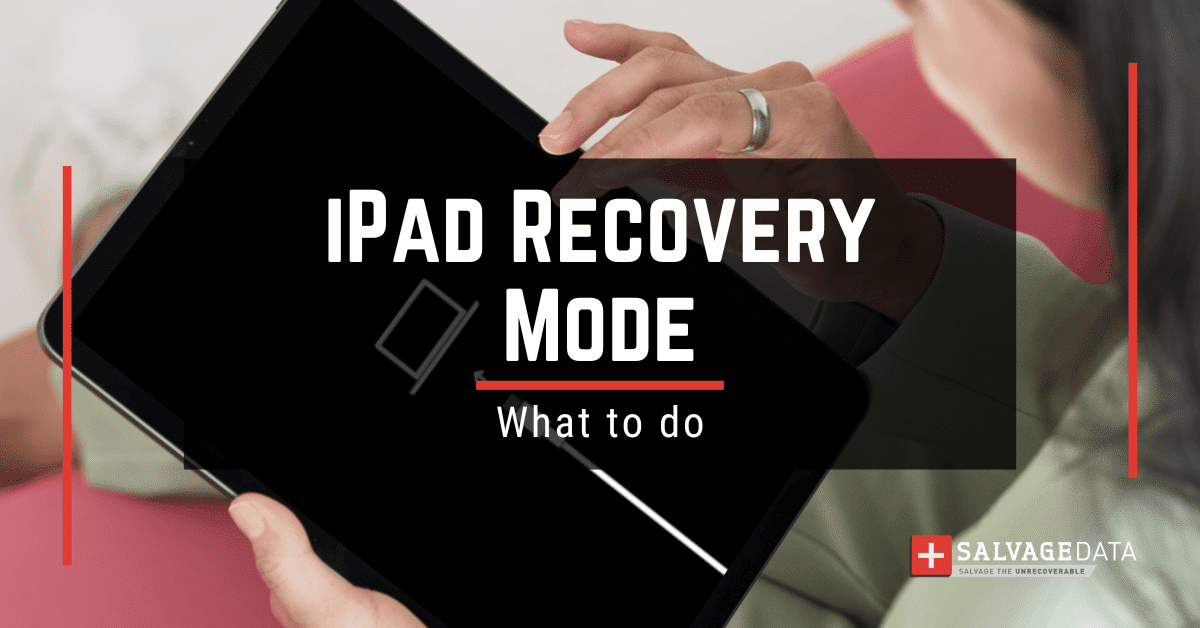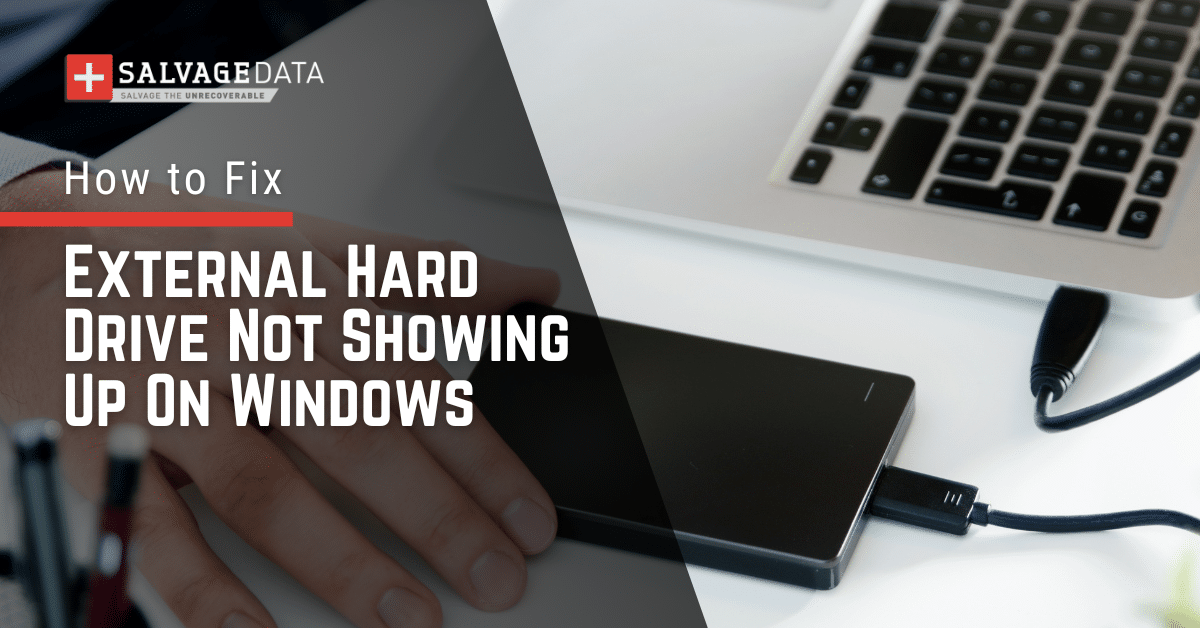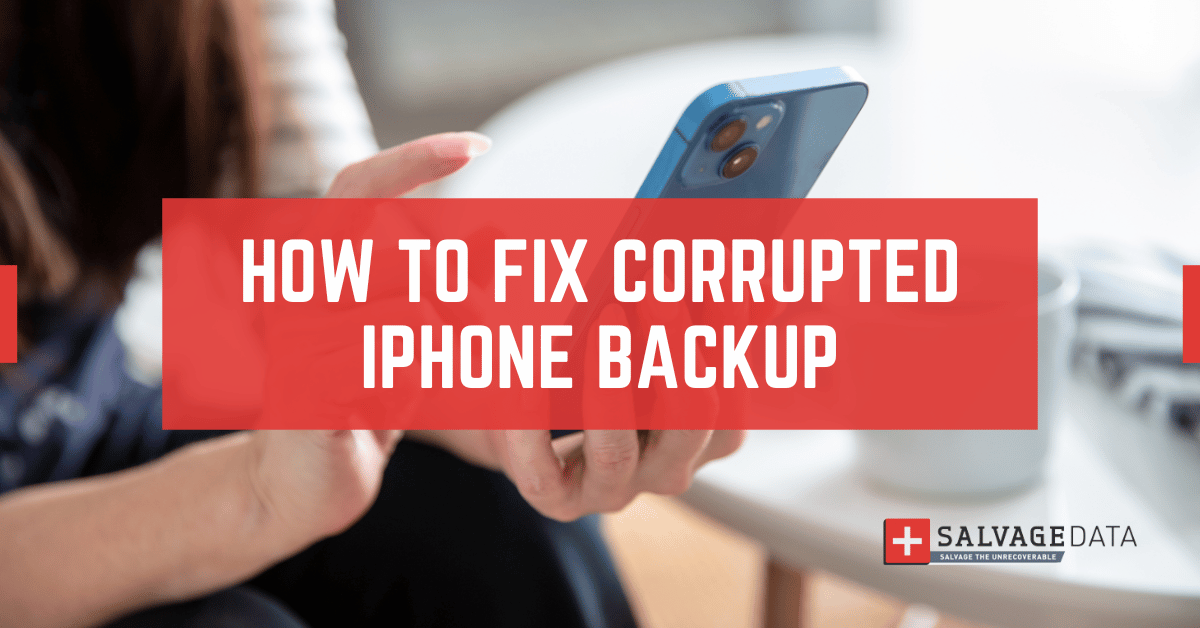Recent Articles
Quickest Mobile Data Recovery Case: 100% of Data Recovered in One Hour
How to fix a corrupted database on PS4
How to Troubleshoot Black or Blank Screens in Windows
LockBit Ransomware: A Comprehensive Guide to the Most Prolific Cyber Threat
How To Use iPad Recovery Mode
How to Prevent Overwriting Files: Best Practices
External Hard Drive Not Showing Up On Windows – Solved
How to Fix a Corrupted iPhone Backup
Backup and Remote Wiping Procedures
Common VMware Issues and Troubleshooting Solutions

I think there's an issue with my storage device, but I'm not sure Start a free evaluation →
I need help getting my data back right now Call now (800) 972-3282
Data breaches are increasingly common. Personal information is often exposed on the dark web and used by criminals. A data breach occurs when unauthorized individuals access confidential information, including consumer data.
The recent Ticketmaster breach is a stark reminder of the potential consequences and the urgent need for swift action. The breach exposed approximately 560 million customers’ personal information, including full names, addresses, phone numbers, email addresses, order history, and partial payment data, such as the last four digits of credit card numbers and expiration dates.
Companies are legally required to notify affected individuals, but consumers are responsible for protecting themselves. This article explains how to protect your data and defend yourself if your personal and sensitive information is exposed during a data breach.
What should a company do after a data breach
When a company discloses a data breach, you must investigate if your data is among the ones exposed. You rarely receive notification about the data breach from the company, so the best way is to use security services providers, such as antimalware and antivirus, and create alerts when your data is found in a breach.
Companies like Kaspersky and Google offer products with dark web alerts. These alerts notify you as soon as your data appears on them and provide steps to protect yourself.
However, if you don’t have a cyber security service with these features, you must ensure your data is safe, regardless of whether it was exposed during the breach.
1. Secure your accounts
Update your passwords and PINs for all accounts, especially those specified in the breach notification. Ensure you use unique, strong passwords for each account and enable two-step authentication to prevent unauthorized access.

2. Create a fraud alert
A fraud alert notifies lenders processing a credit application in your name that you may be a fraud or identity theft victim. This added verification step helps prevent unauthorized credit applications.
How to do it:
- Place a fraud alert with one of the three major credit bureaus (Experian, TransUnion, or Equifax). The alert will automatically apply to all three bureaus.
- You can renew the alert annually or opt for an extended fraud alert lasting seven years if you’ve confirmed fraudulent activity.
3. Freeze or lock your credit file
Consider applying a security freeze to your credit reports to prevent purchases from being made or new accounts from being opened in your name.
4. Be aware of phishing attempts
Phishing attacks pose a significant danger following a data breach, as cybercriminals leverage the exposed personal information to craft convincing and deceptive emails or messages.
These phishing attempts often appear legitimate, mimicking trusted sources like banks, online services, or even the breached company itself, such as Ticketmaster. By exploiting users’ familiarity and trust with these entities, attackers aim to steal further sensitive information, such as login credentials or financial details, or to install malware on the victim’s devices.
Users should remain vigilant and adopt several protective measures to prevent phishing scams. Firstly, they should be cautious of unsolicited emails or messages, especially those requesting personal information or urging immediate action. It’s crucial to verify the sender’s authenticity by checking the email address and looking for signs of phishing, such as poor grammar or unusual links.

Example of a data breach: Ticketmaster
In May 2024, Ticketmaster experienced one of the largest data breaches in recent history, including the Mother Of All Breaches. The breach occurred within a third-party cloud database environment vulnerabilities. Cybercriminals exploited these weaknesses to gain unauthorized access to the company’s databases. Although the specifics of the breach are still under investigation, it is believed that inadequate encryption protocols and outdated security software were contributing factors.
The breach was discovered only after users reported suspicious activity related to their Ticketmaster accounts, prompting a thorough investigation by the company and cybersecurity experts.
The exposed data poses significant risks, including identity theft and financial fraud, as cybercriminals can use this information to impersonate victims or gain unauthorized access to their financial accounts.
Users with exposed data should take measures to protect their accounts and have the right to sue the company.













